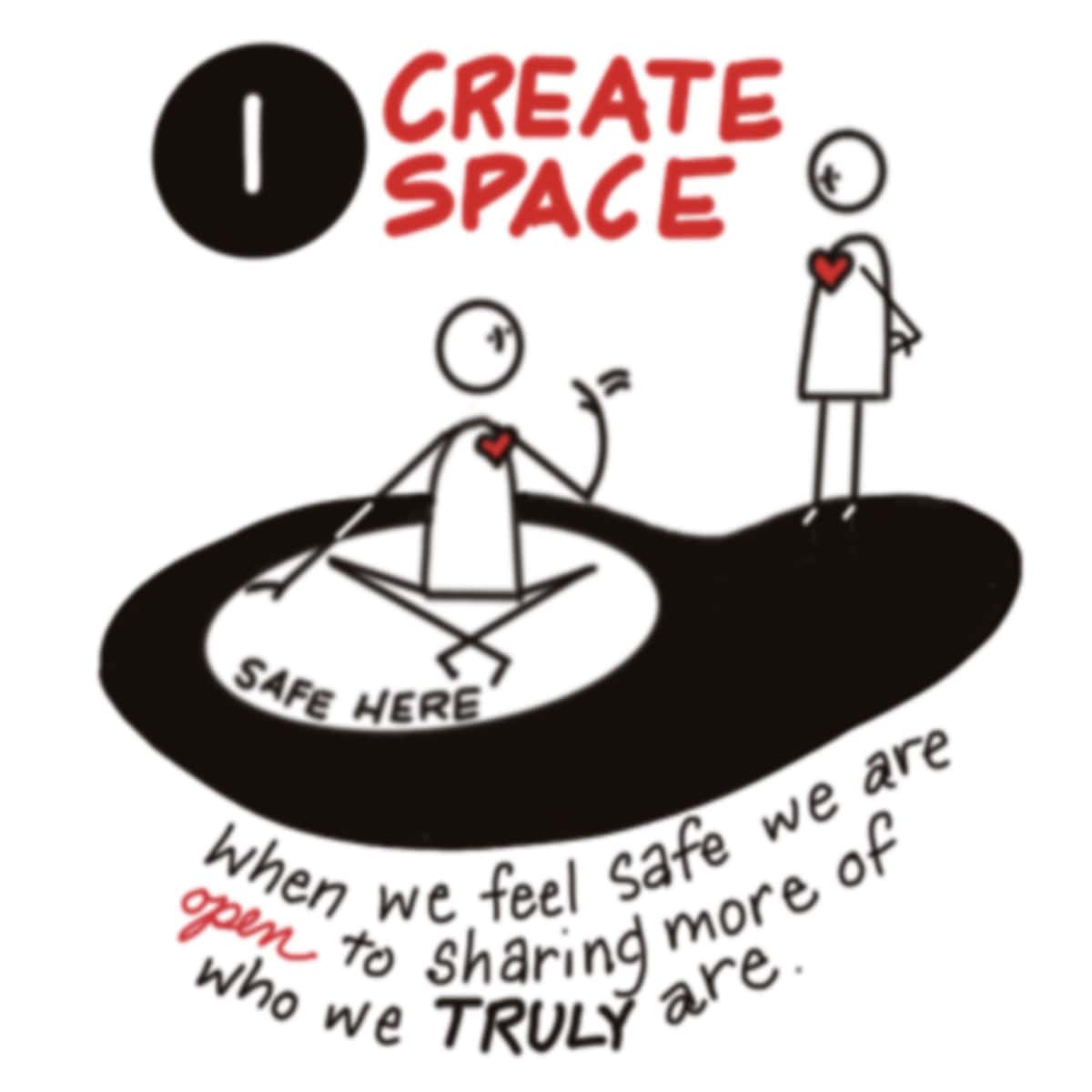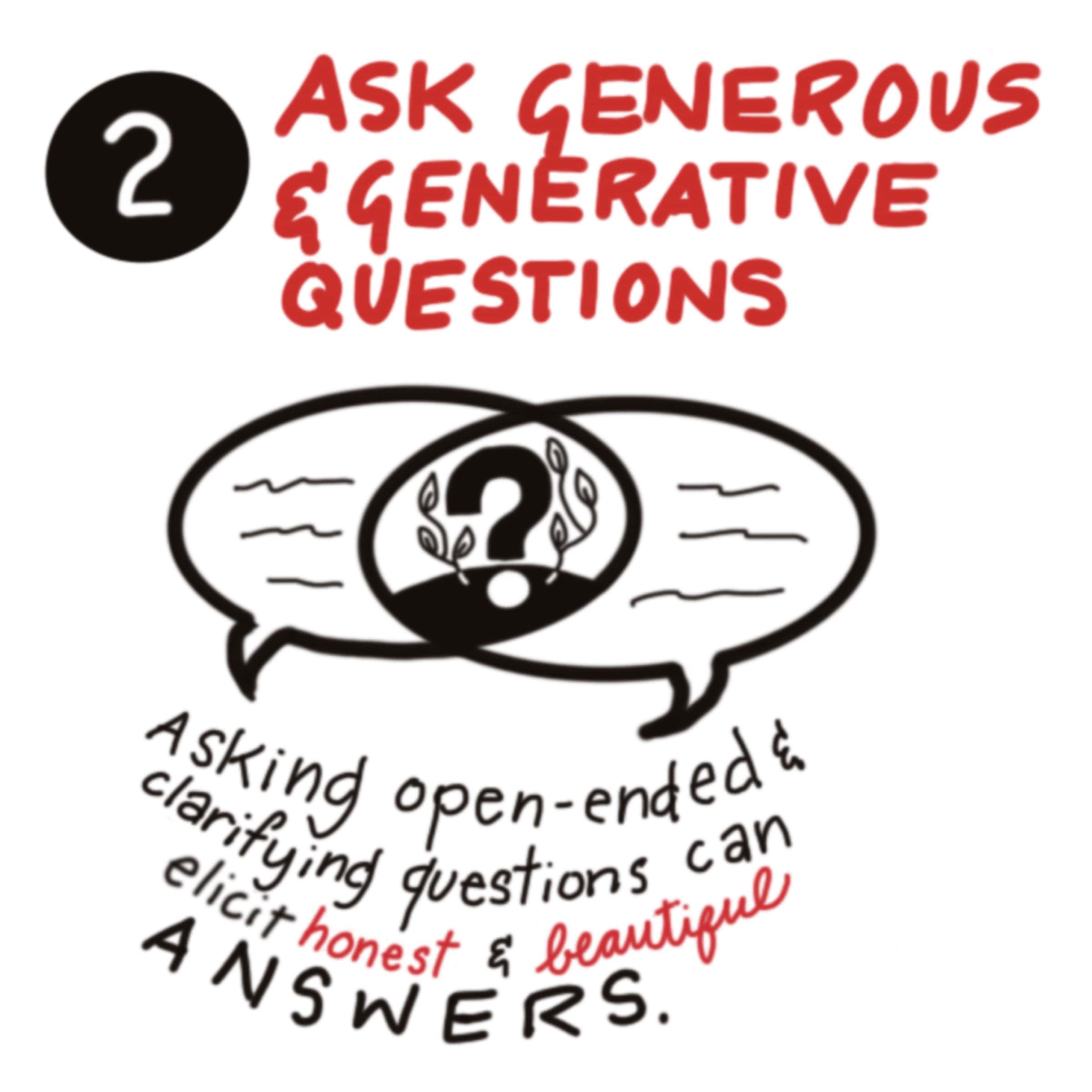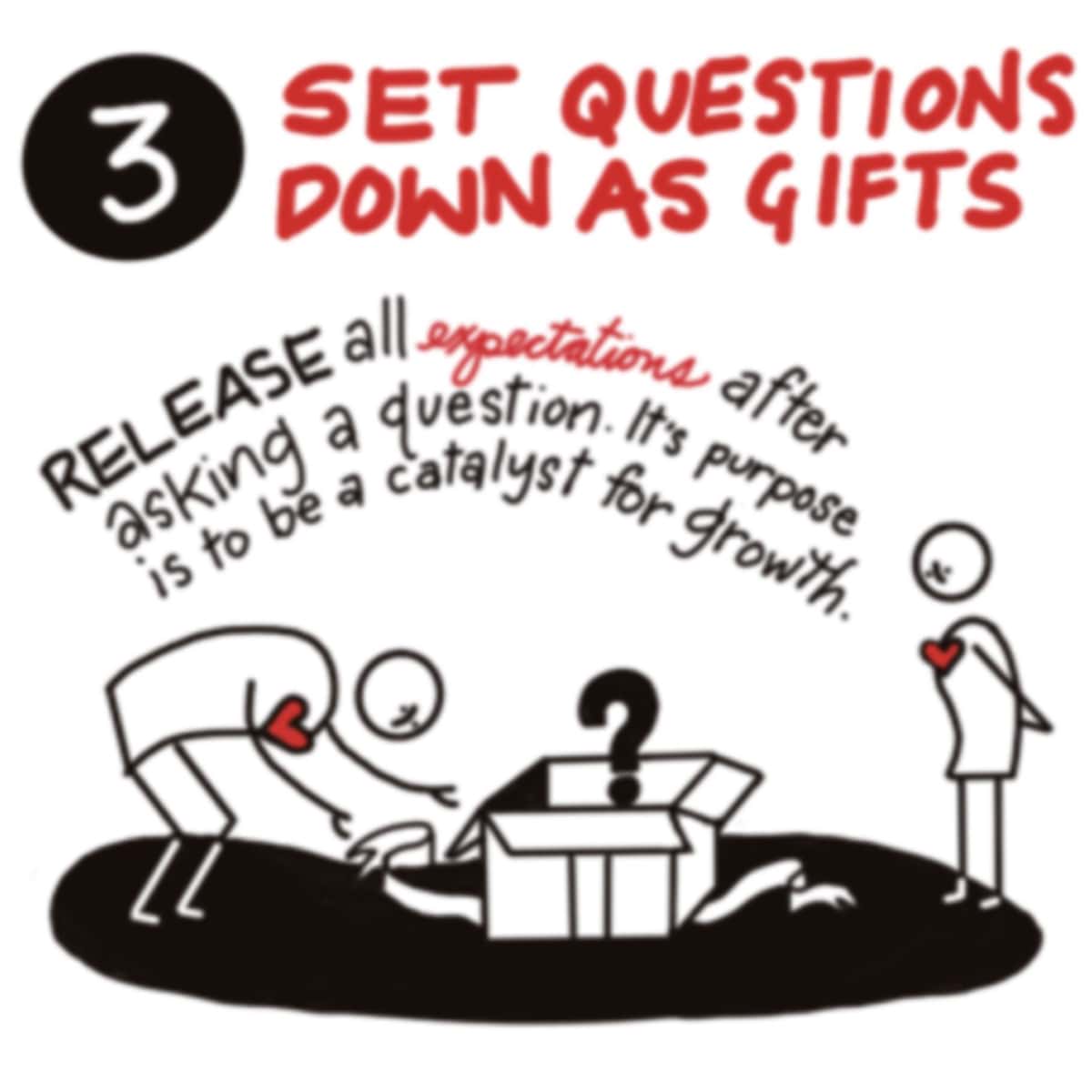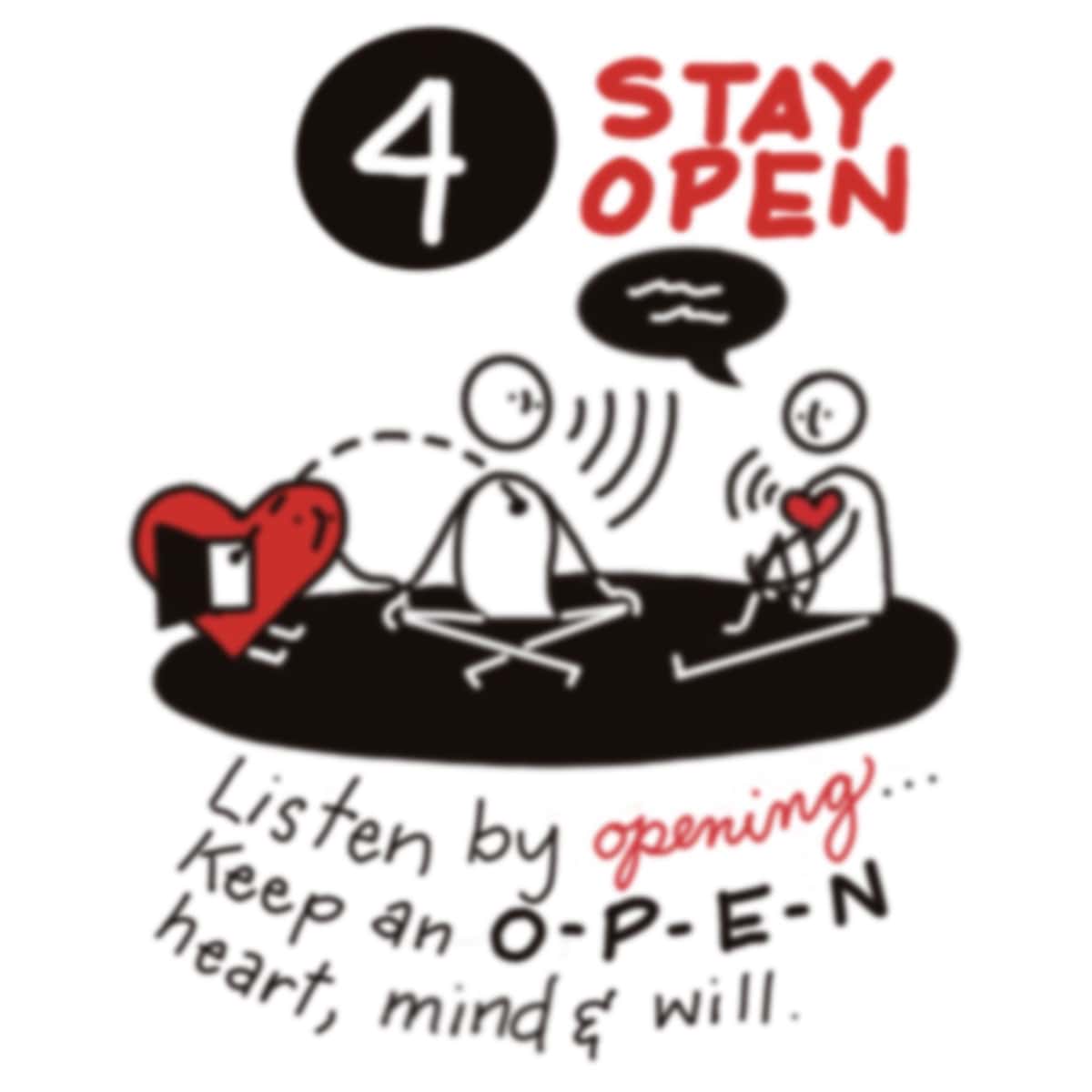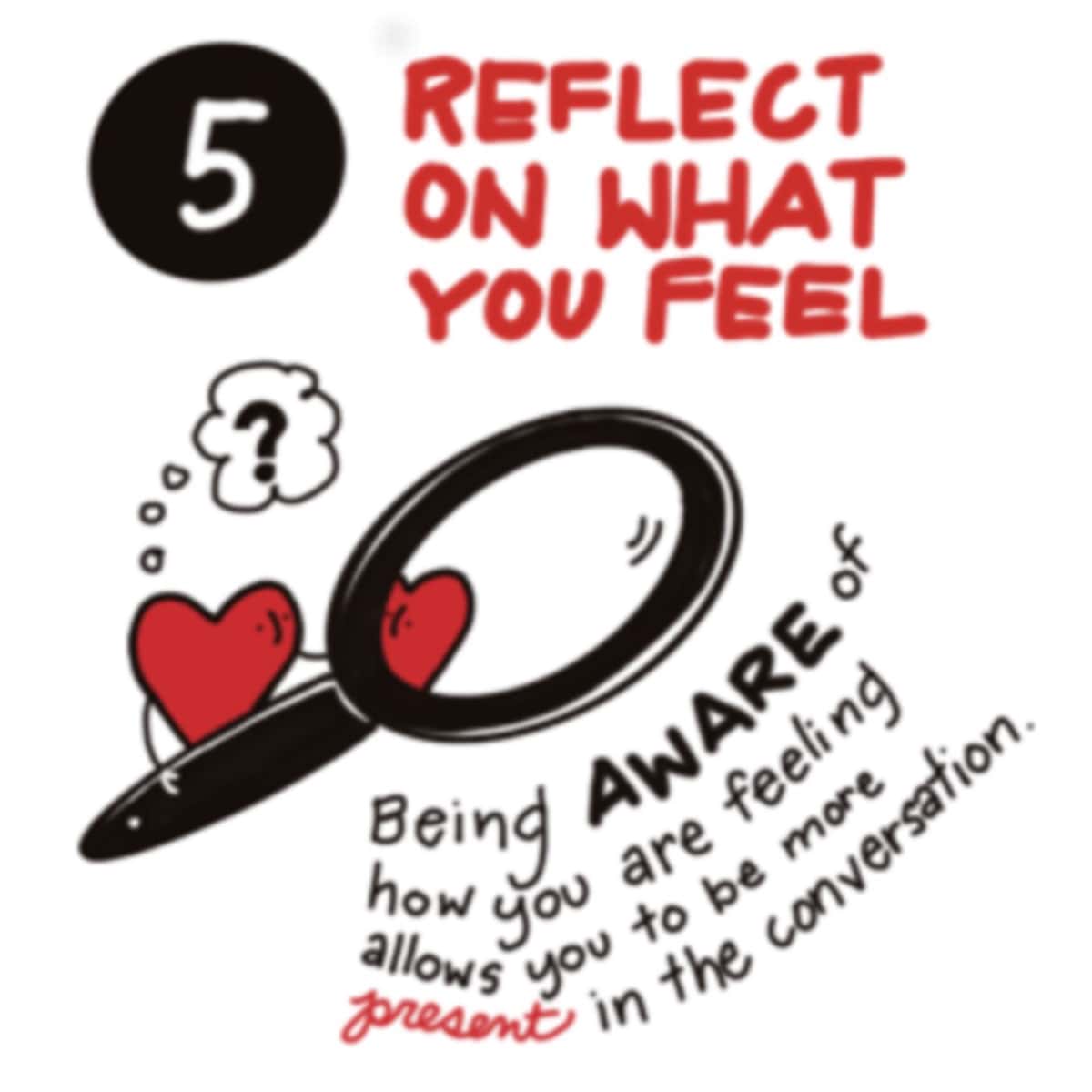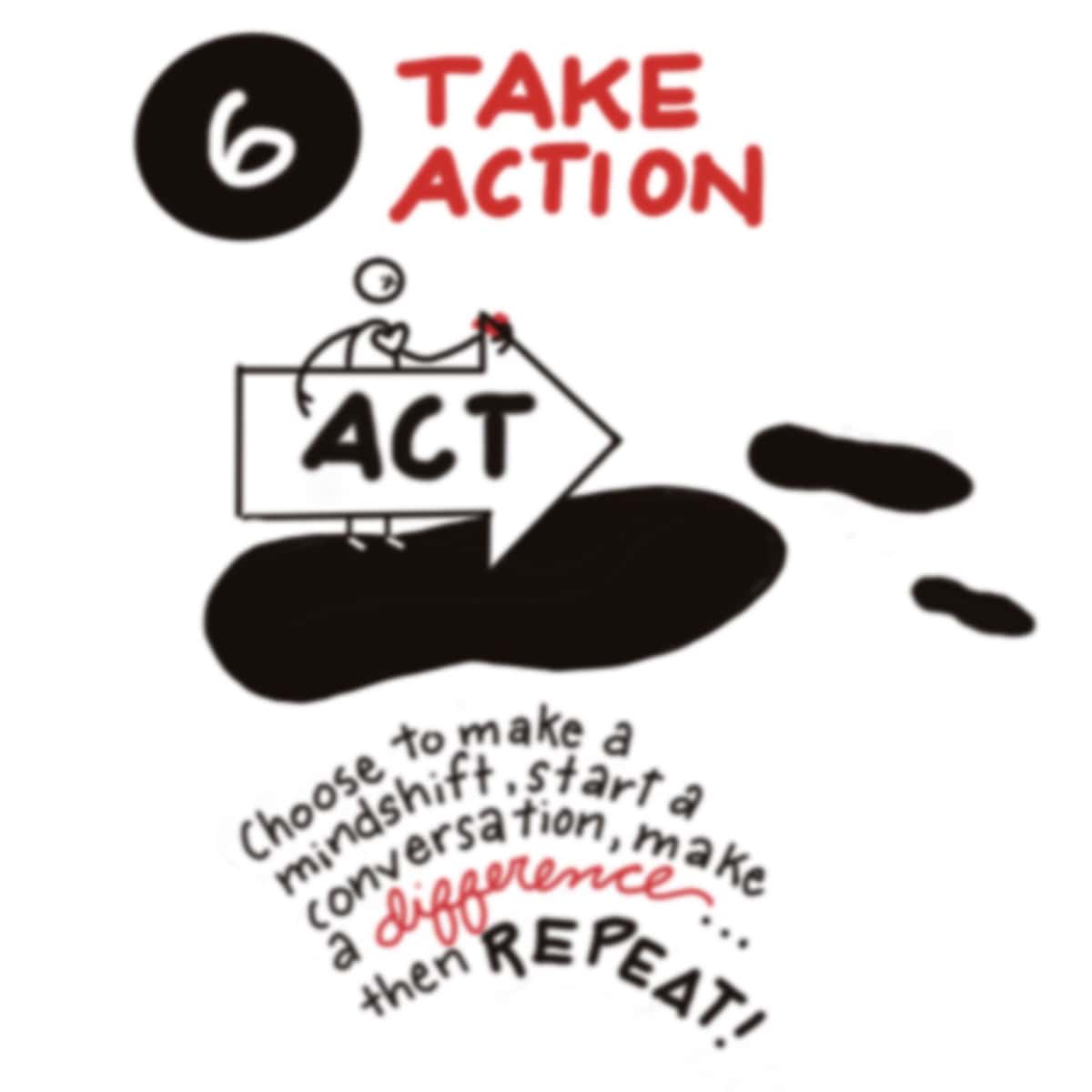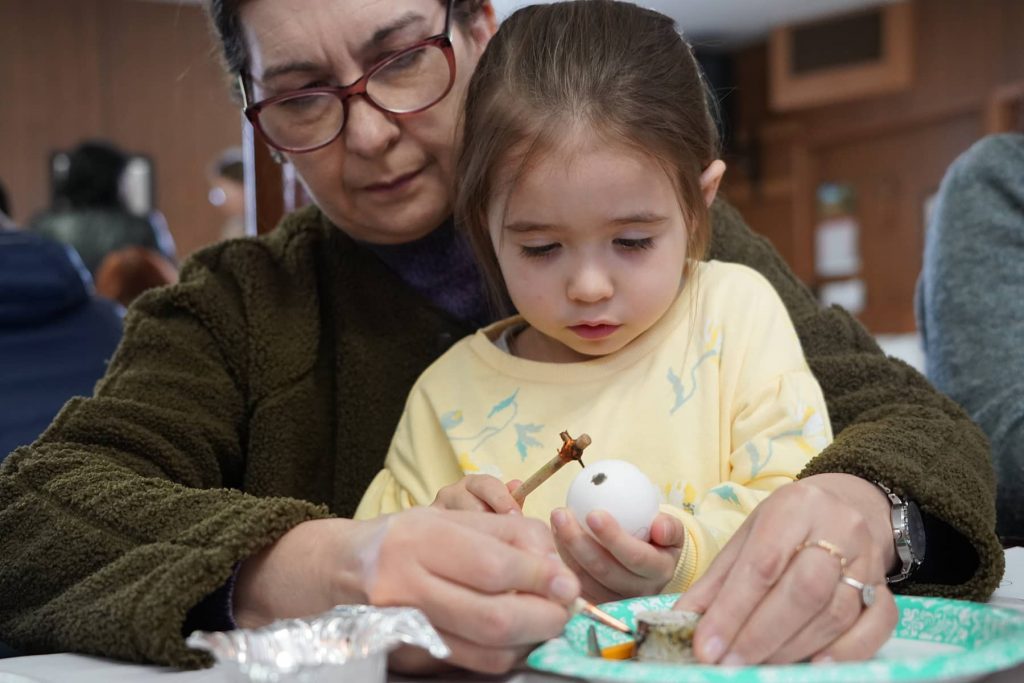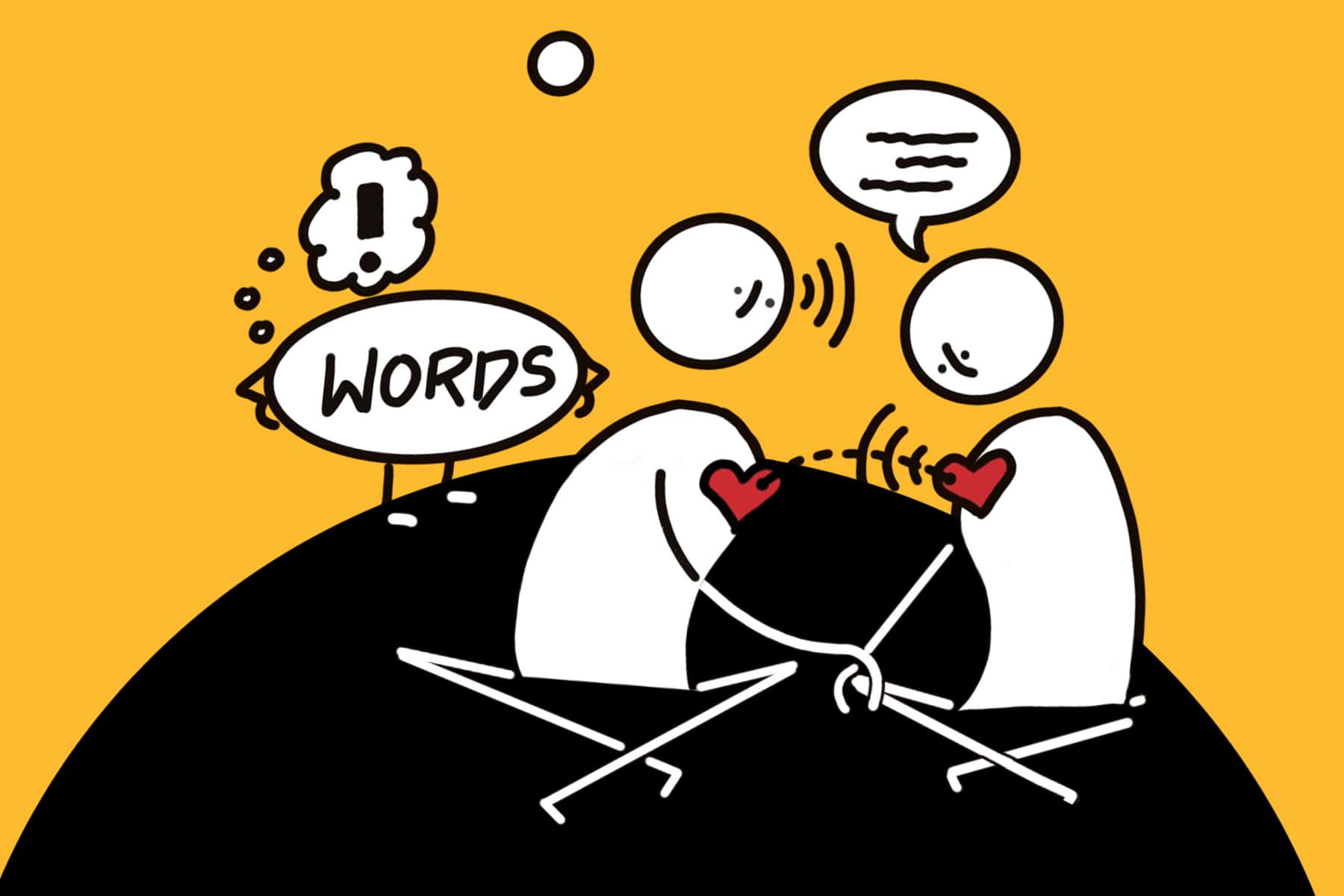
I have been trying NOT to listen lately. Let me be more specific. I have been choosing not to listen to the negative news: the crisis at the border, daily examples of systemic racism, divisiveness in politics, and segregation in our community.
It is difficult and heavy, and I am in self-protection mode. I also recognize and call out that it is white privilege that affords me this choice. This makes me uncomfortable and it is exactly this discomfort that tells me I need to examine the feeling more closely. How many times have I done this – choosing to NOT listen – to myself, my students, colleagues, friends, family, or a stranger’s lived experience?
As an educator, it is my job to listen, and then act in a way that supports and empowers my students to develop their own voice. This is the same way I aspire to move through the world as a co-worker, parent, daughter, and friend, which brings me back to listening.
I am a HUGE proponent of listening and believe it is a skill that needs to be purposefully developed, because it can plant seeds of connection and be an instrument for change. When we feel listened to, we feel seen and heard. It is a true means of being in relationship with each other, as well as a valuable gift.
So why had I been choosing to do the opposite? Coping, I suppose, and even more likely, fear.
Fear that I was not doing enough. Fear that whatever I did would not move the needle that much anyway. What could I do immediately in my small circle of influence to effect change, and at the same time move out of the grip of fear?
A friend of mine put it perfectly when she explained her similar feeling of being overwhelmed about climate change, “I had to literally dip my hand in the solution.”
She walked down to the beach to pick up litter. That was it. Start small: LISTEN. I started thinking of the times that I felt listened to, the times that I felt truly and deeply heard. Conversations with my husband’s grandmother came to mind immediately.
She always made time to listen when I was a young mother of two active boys and craved to be seen and heard outside my role as a mom. She asked deeper questions that helped me grow into more of who I was becoming. Time spent with a dear friend in the years since losing her husband also came to mind as a space where pretenses and judgement fell away, and reciprocal listening was a catalyst for both reflection and growth.
What was it about these times and spaces that fostered that feeling of being heard for me? And how could practicing the art of listening lead to agency and ultimately change? These steps have helped me answer some of those questions about how to practice LISTENING:
1. CREATE SPACE
When I feel safe enough to share without risk of judgement or being talked over, I am more apt to be honest and vulnerable. Creating that space for another might look like slowing down, unplugging, making time to be present and give undivided attention.
2. ASK GENEROUS & GENERATIVE QUESTIONS
Yes and No questions lead nowhere. If I want to really get to know who someone is and how they think, feel, and move in the world, I ask open-ended generative questions. Beautiful questions can elicit beautiful answers and even if the answer is elusive, sharing a common question can bring connection. Sometimes the answer is, “that is a really good question” and that is enough. As author Parker Palmer says, when we practice listening and conversations in this manner, we can “hear each other into speech.”
3. SET QUESTIONS DOWN AS GIFTS
If I ask a question with the expectation that I know what the other person’s answer SHOULD be, then the question isn’t for them, it’s more about me. Once asked, the question is no longer mine. Releasing all of my expectations around the question and setting it down as a gift allows it to be a catalyst for growth…perhaps even for me.
4. STAY OPEN
I find that sometimes I am ready and willing to ask the hard questions, but am not ready for an unexpected answer or for the other person to ask the same generative, but challenging question of me. When I feel myself shutting down or feeling vulnerable, I work to remind myself to stay open to ideas, opinions, and feelings expressed honestly. If I have created a safe space for someone to share, I owe it to them to show up and stay open in mind, heart, and will.
5. REFLECT ON WHAT YOU FEEL
Often feelings come up when I am working to stay open. In hard conversations around racism, sexism, or xenophobia, guilt or shame may surface and the default reaction may be to change the subject or deflect. Digging deeper into what feelings emerge helps me to be aware of any unconscious bias and then I am able to continue the conversation in a more meaningful way.
6. TAKE ACTION
When we think of listening, it may seem like a resting state, a place to just BE, but I have found that when I engage in deep listening, the connection to and understanding of another’s lived experience inevitably leads to change. That may manifest itself in a change of mindset, a need to have another conversation and learn more, or a want to take outward action in the community to make a difference.
We are here to be in relationship with one another. Margaret Wheatley, author, educator, and public speaker who writes about systems thinking and change explained it well, “Relationships are all there is. Everything in the universe only exists because it is in relationship to everything else. Nothing exists in isolation. We have to stop pretending we are individuals that can go it alone.”
I believe meaningful change on a personal, local, national, or even global level can start from small conversations between just two people. So start a conversation that matters, dip your hand in the solution of connection and conversation, and then practice listening.
© Art
Sherrill Knezel

